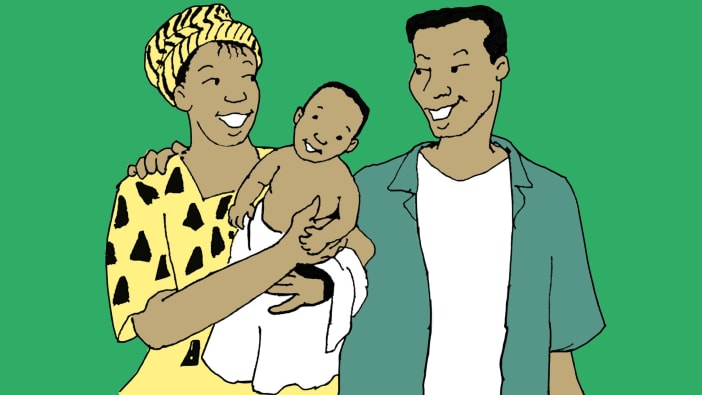By Dr Godwill Asiimwe Okiror.
Traditional birth attendants (TBAs) are found in most societies. They are usually older ladies. They conduct over two thirds of the deliveries in the world, yet the majority are illiterate and are not trained in modern medicine.
TBAs in Kaabong Subdistrict (Uganda) conduct over 90% of the deliveries. The area is semi-arid with few inaccessible health units and poor transport services.
So not only do the TBAs conduct deliveries, they also provide care for pregnant women during the antenatal and post-natal period. They also provide care for the newborn and treat most of the maternal and childhood diseases.
Diagnosis
Pregnancy is usually only diagnosed by noticing enlargement of the abdomen, later in pregnancy. Most are able to determine the position of the baby in the uterus and they will often attempt to turn the baby lying in a position other than longitudinally. This procedure may lead to separation of the placenta or premature labour.
Nearly all the TBAs are herbalists and will treat problems during pregnancy with herbal preparations. The majority of pregnant women treated go through pregnancy without problems, after being treated with herbal preparations. But the use of herbs indiscriminately in pregnancy or labour, could be dangerous – particularly to treat vaginal bleeding in late pregnancy (women should be referred for medical help immediately).
Women in Kaabong usually present to TBAs in established labour so there is no time to boil instruments. The majority of TBAs do not wash their hands before conducting a delivery, nor do they clean and sterilise the instruments used to cut the cord.
Training programme
A training programme is now established in Kaabong to work with TBAs. They learn to diagnose early pregnancy and to refer women with babies lying in abnormal positions. They are trained to examine pregnant women for anaemia, by looking at the tongue. The TBAs give pregnant women iron and folic acid tablets routinely.
They learn hygienic practices in delivery – washing hands, using sterile instruments to cut the cord and using boiled water to wash the cord, rather than the traditional practice of applying rat faeces, soot or ghee.
Mothers are advised to rest for at least a week after birth. During this time, they are fed on a rich diet of milk and blood which encourages breastmilk. They are encouraged to breastfeed their babies immediately.
TBAs also advise mothers to abstain from sex until the child is crawling. This may be helpful as a form of child spacing, especially in areas like Kaabong where family planning services are only accessible to a few mothers. Mothers are encouraged to take the babies for immunization and they are taught about the use of oral rehydration fluids to treat diarrhoea.
Saving lives
In conclusion, experience in Kaabong shows that TBAs are very willing to be trained and to accept modern ideas in medicine. So let us not despise TBAs. Instead let us work together with them. They can be of great value, particularly in areas where modern health units are inaccessible, if they are given more knowledge through training.
Dr Godwill Assiimwe Okiror has worked for several years training traditional birth attendants in NE Uganda. She has found that they are eager to learn how to improve their service to mothers by adopting simple improvements in hygiene and diagnosis.







